How Iran chooses its supreme leader, and who could be next?
FILE PHOTO: Iran’s Supreme Leader Ayatollah Ali Khamenei speaks in Tehran January 8, 2007.
Stringer Iran | Reuters
Ayatollah Ali Khamenei’s death following joint U.S.-Israeli airstrikes…
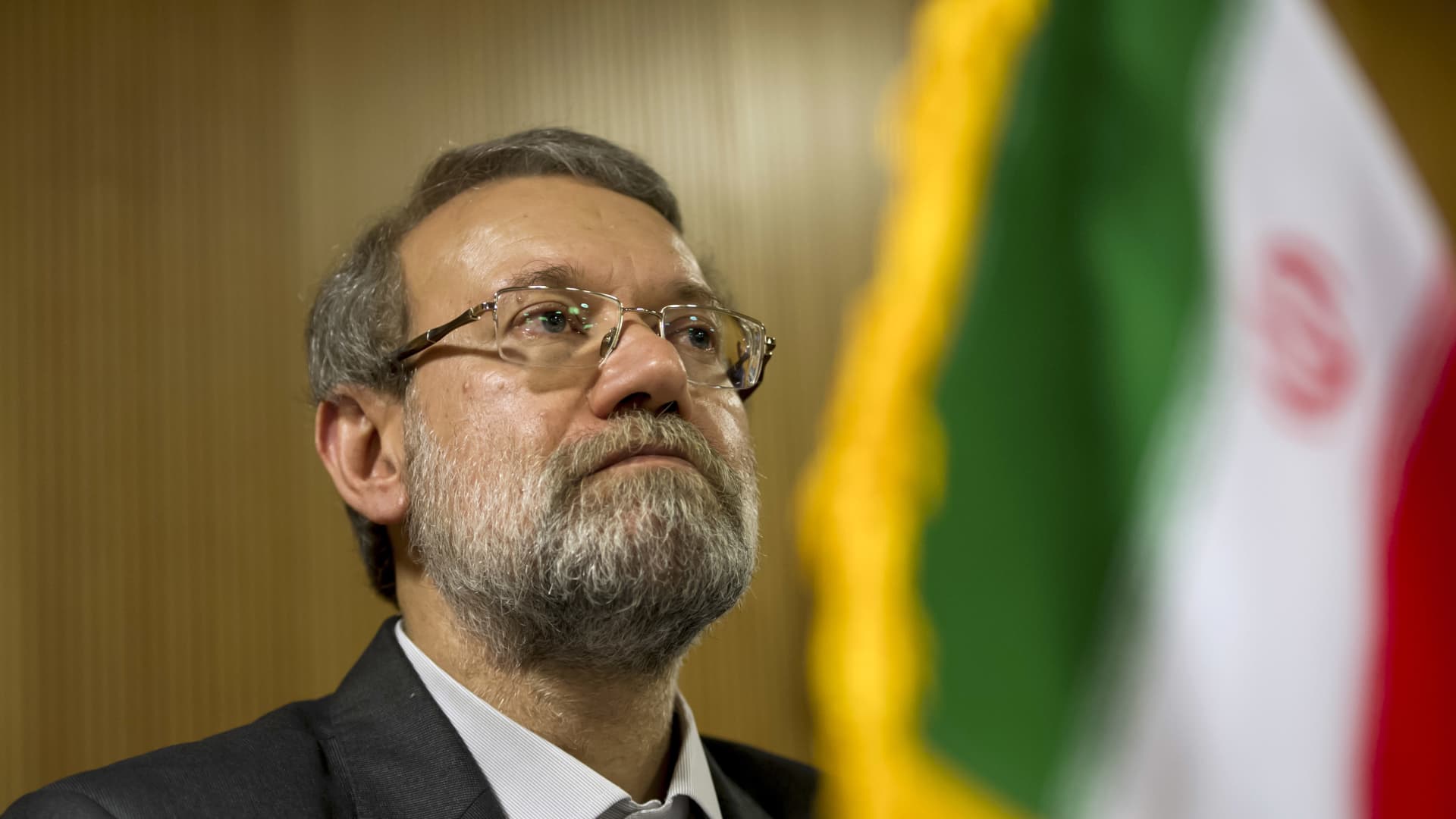
FILE PHOTO: Iran’s Supreme Leader Ayatollah Ali Khamenei speaks in Tehran January 8, 2007.
Stringer Iran | Reuters
Ayatollah Ali Khamenei’s death following joint U.S.-Israeli airstrikes…
(As prepared for delivery)
All of us have been following with concern the military attacks in the Islamic Republic of Iran and the Middle East.
The Agency immediately responded, in accordance with our mandate, by focussing on possible…
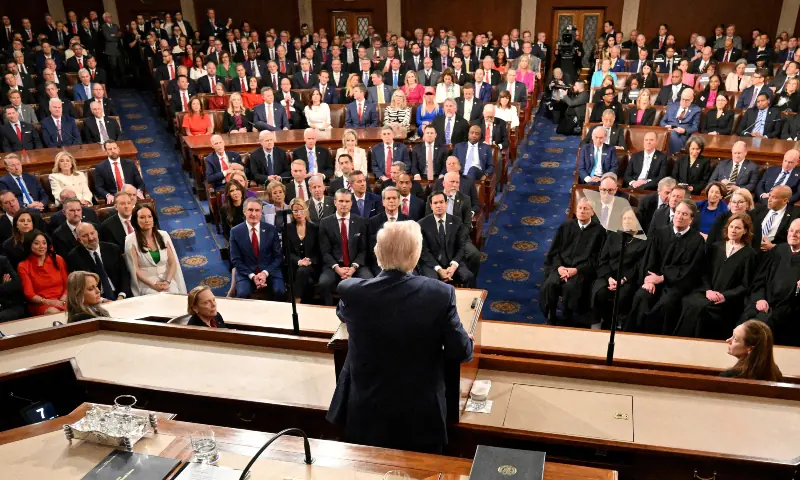
Trump administration officials acknowledged in closed-door briefings with congressional staff on Sunday that there was no intelligence suggesting Iran planned to attack United States forces first, two people familiar with the matter said.
The US…
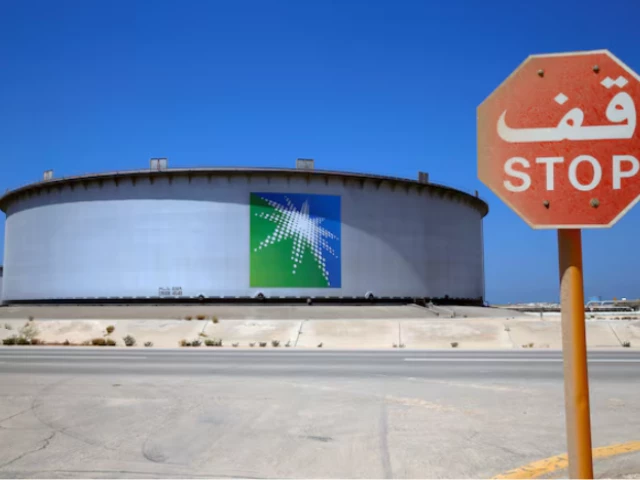
An Aramco tank is seen at Saudi Aramco’s Ras Tanura oil refinery and oil terminal in Saudi Arabia May 21, 2018. Picture taken May 21, 2018. SOURCE: REUTERS
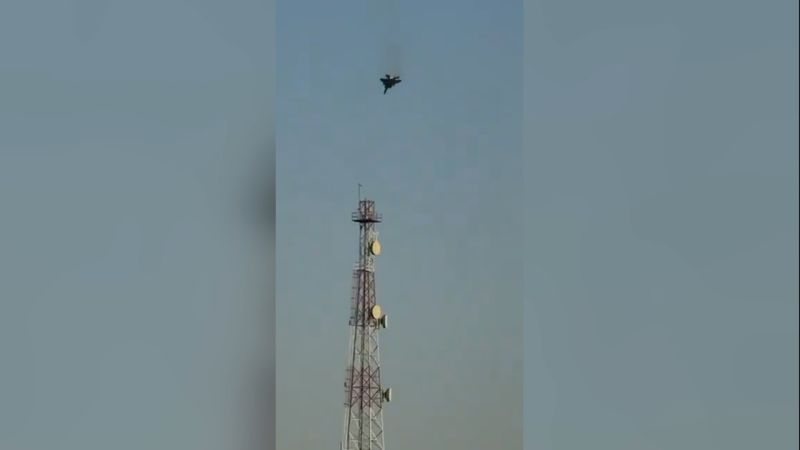
Three US fighter jets crashed in Kuwait on Monday due to an “apparent friendly fire incident,” the US military said in a statement.
Kuwaiti air defenses accidentally shot the F-15E…
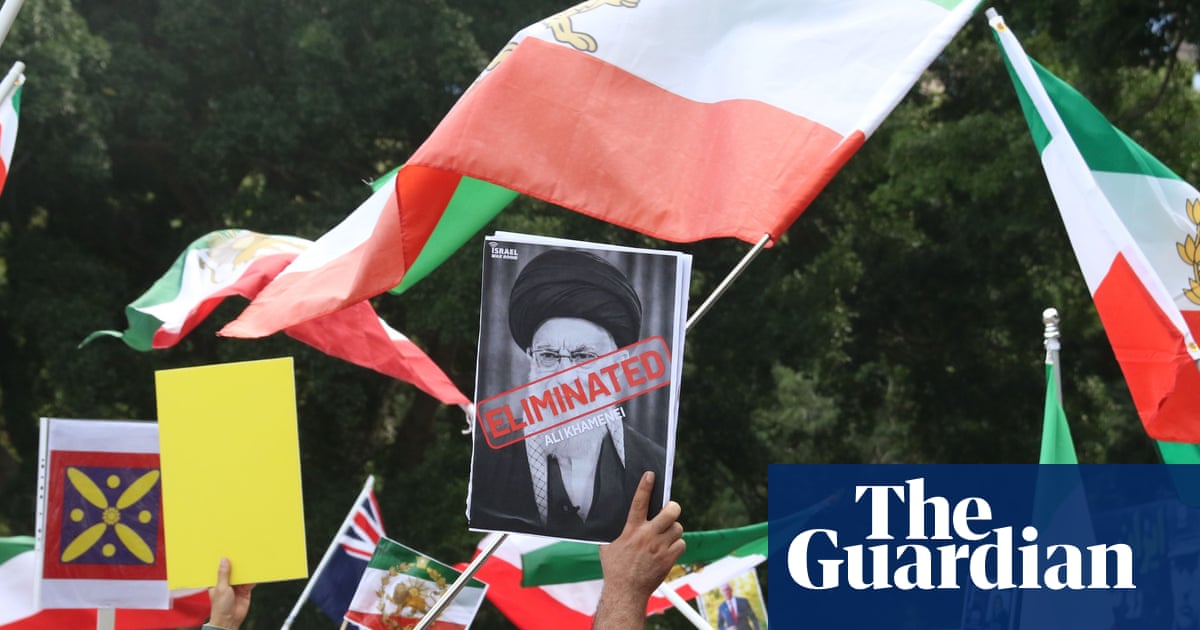
Iranian Australia community members have expressed distress after a small number of mosques and Islamic centres in Melbourne and Sydney invited members to mourn the death of Iran’s supreme leader.
Iranian state media on Sunday confirmed the…
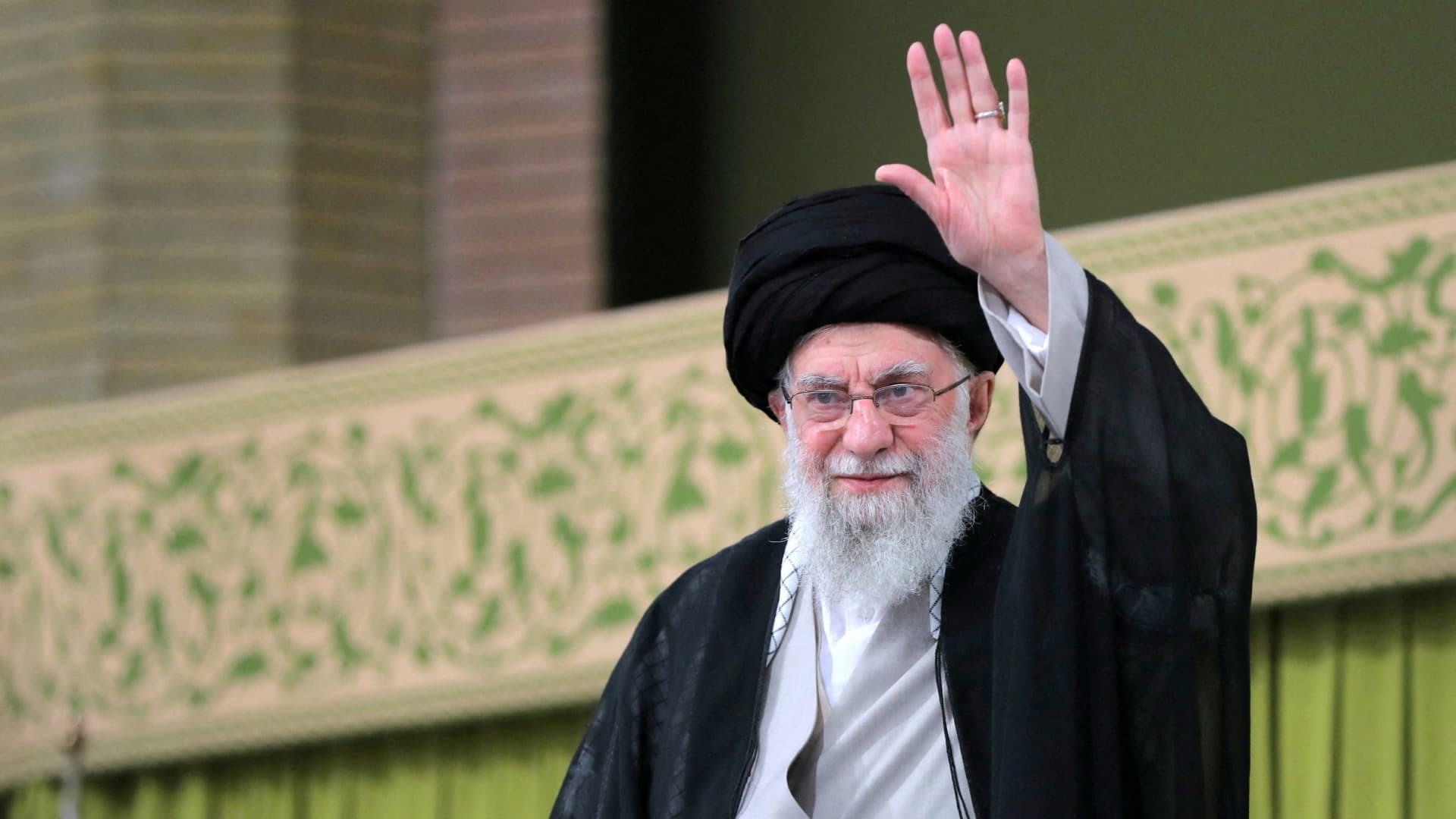
FILE PHOTO: Iran’s Supreme Leader Ayatollah Ali Khamenei waves during a meeting with students in Tehran, Iran, November 2, 2024.
Office Of The Iranian Supreme Leader | Via Reuters
Ayatollah Ali Khamenei’s death following joint U.S.-Israeli…
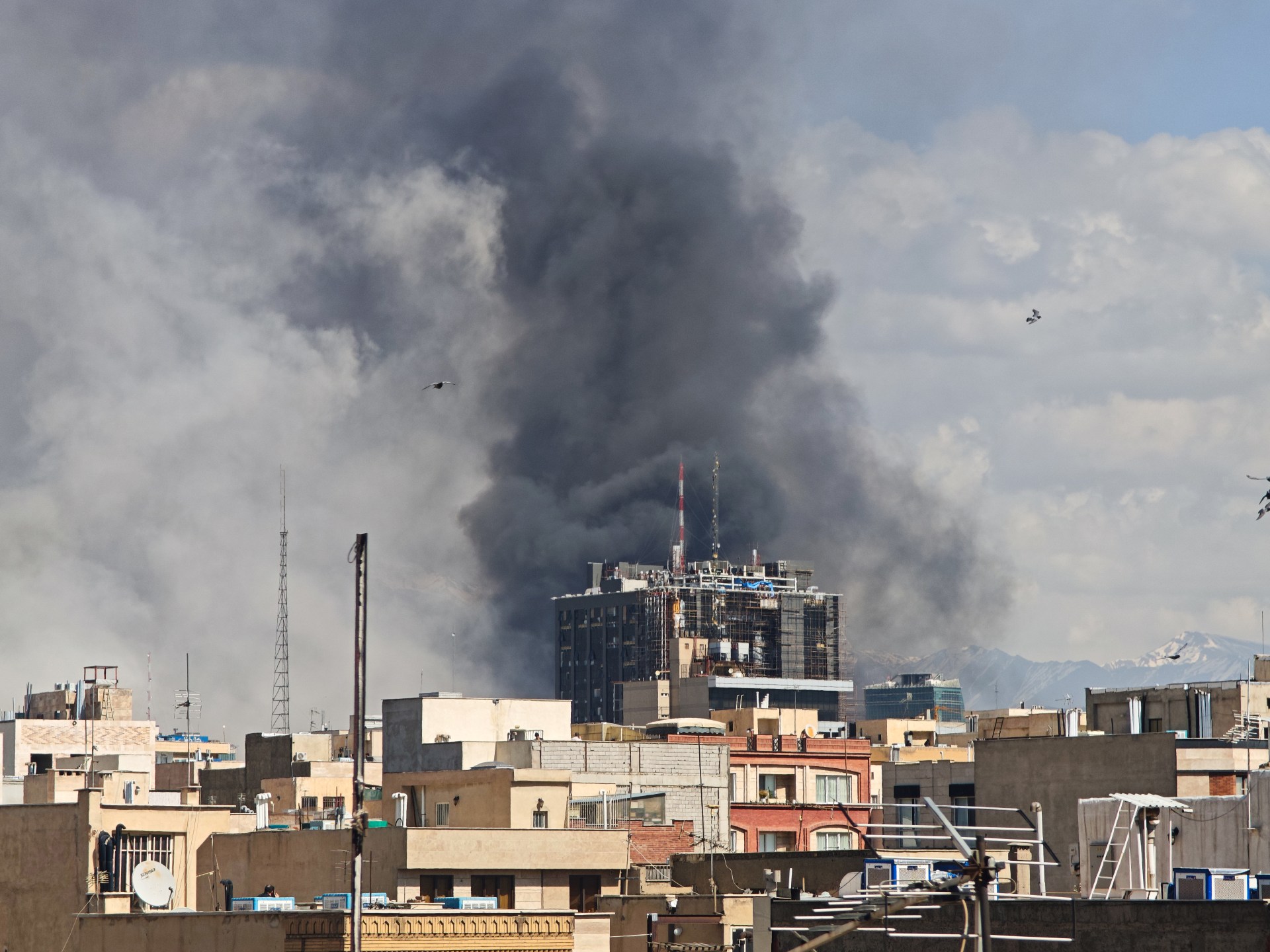
The comments come after US media reported a diplomatic push after the killing of Iran’s supreme leader.
Published On 2 Mar 2026
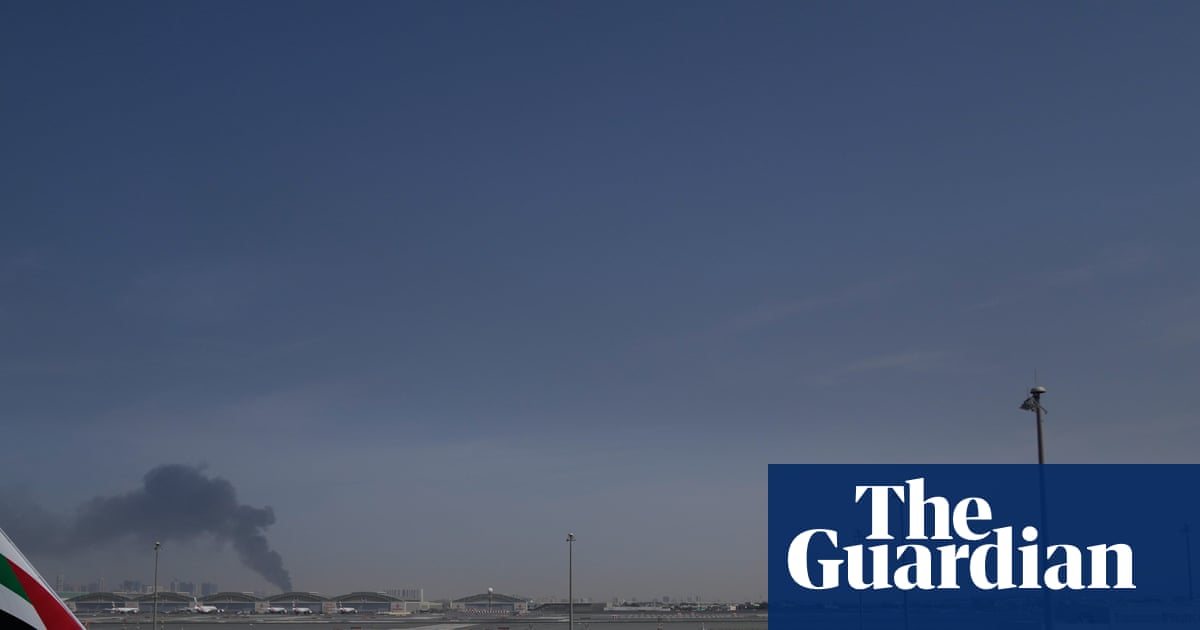
Hundreds more flights were cancelled on Monday, extending the turmoil in global air travel caused by the US-Israel war on Iran, with hundreds of thousands of passengers already stranded.
Leading airline stocks came under pressure after days of…